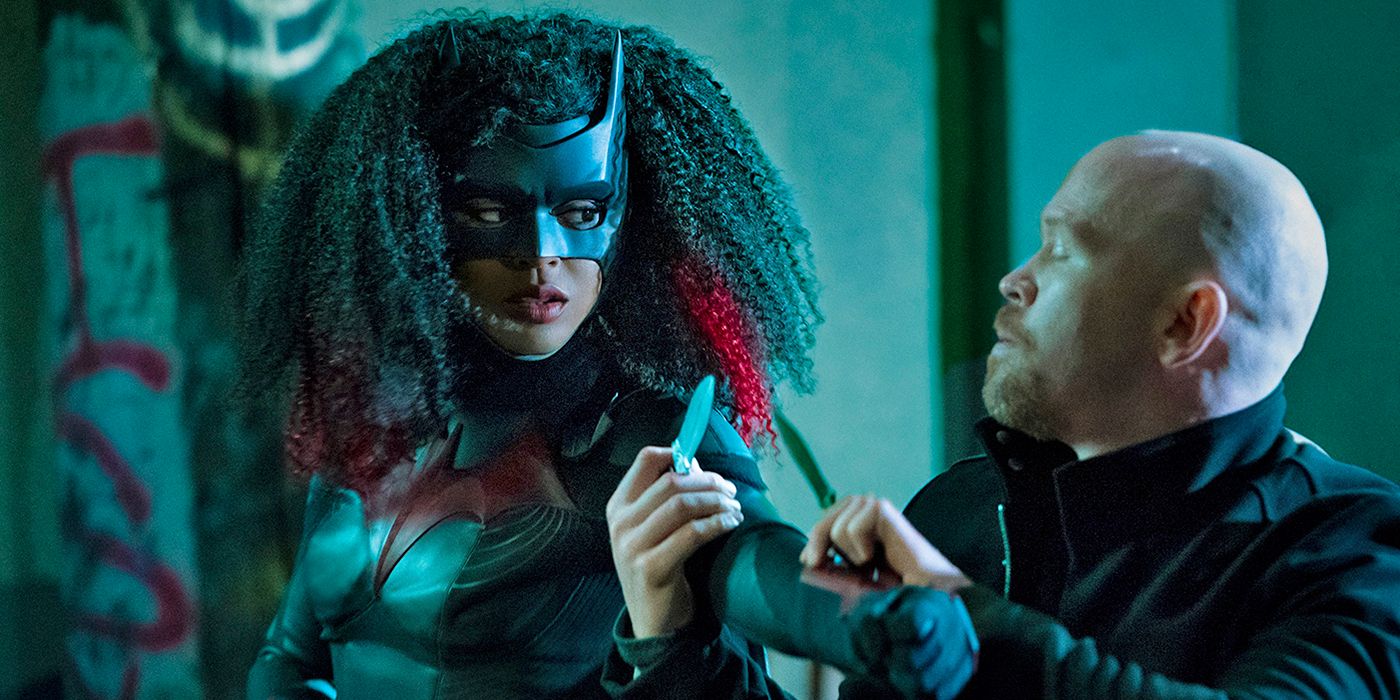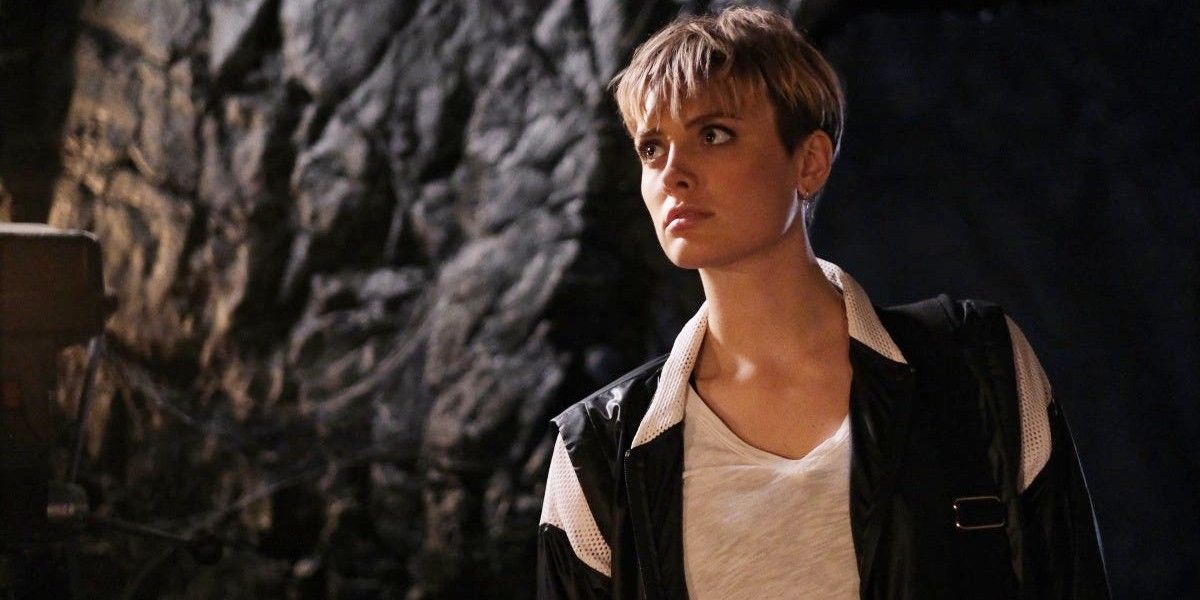The CW's Batwoman was the toughest Arrowverse show on The CW. From Ruby Rose donning the cape and cowl as Kate Kane to Javicia Leslie succeeding her as Ryan Wilder, the series managed to survive a roller coaster of conflicts that took place behind the scenes. It found a fan base due in large part to the show's commitment to diverse representation, both in front of the camera and behind the scenes. Both Kate and Ryan were portrayed by queer actors, while Batwoman also had a queer showrunner in Caroline Dries.
However, the economic landscape around the show changed during its three seasons. AT&T owned and oversaw WarnerMedia until the company decided to leave the entertainment industry in 2021. WarnerMedia was sold to Discovery, Inc,. with their merger being finalized in April 2022. However, months before WarnerMedia re-established itself as Warner Bros. Discovery, both CBS and Warner Bros. had already decided to sell The CW. Rumors about multiple show cancellations were circulating in early April, and on April 29, 2022 both Batwoman and Legends of Tomorrow were cancelled. However, it wasn't just the corporate musical chairs that did the show in.
While no official explanation has been given as to why Batwoman was ultimately cancelled, there are a myriad of circumstances that may have factored into that decision, beginning with the fact the production was seemingly doomed from the start. The character of Kate Kane made her Arrowverse debut in the crossover event "Elseworlds" to high acclaim. Not only was Ruby Rose well received for her portrayal of Kate Kane/Batwoman, but fans were pumped to see her get her own series. After just one season, however, Rose left Batwoman and caught fans completely off-guard.
While it was eventually revealed that Rose had sustained injuries while filming the first season, the full extent of the problems behind the scenes wouldn't be disclosed until a year later. Before it got to that point, however, an even more surprising development happened: instead of recasting the role of Kate Kane, Batwoman's creative team replaced her with an original character created specifically for the TV show named Ryan Wilder.
Between losing its lead actor and writing the original protagonist out of the story, reception to the show's new status quo was mixed. What helped keep fans interested was the casting of Javicia Leslie as Ryan. This was ground-breaking, as it was the first time a black bisexual actress got to don the cape and cowl of Batwoman on television. But the casting choice didn't do much to mitigate the narrative problems that followed in Season 2, especially considering Kate's story hadn't been fully wrapped up at the end of Season 1.
Season 2 got off to an abrupt start with Kate's off-screen death in a plane crash. While this couldn't be helped due to the circumstances of Rose's departure, it also didn't do much to facilitate Ryan's introduction. Ryan had no connection to Kate apart from having found her batsuit in the plane's wreckage and then using it to avenge her mother's death. This created a major narrative problem: Ryan was burdened with the unenviable task of being the hero of her own storyline while at the same time being forced to wrap up the loose threads of Kate's narrative. The storytelling in Season 2 was disjointed as it vacillated between the two goals.
In another strange creative choice, the role of Kate was eventually recast with Wallis Day and the change was explained as the result of plastic surgery. Kate reappeared in Season 2 as having been brainwashed into thinking she was Black Mask's daughter before being made aware of her true identity. Instead of having Kate stick around to get her life back in order and be a part of Ryan's story in a more meaningful capacity, she was once again written out after giving Ryan her blessing to continue as Batwoman. The show missed a huge opportunity to bridge the narratives of both heroines -- and the fan bases of both characters.
The most difficult aspect that likely factored into Batwoman's cancellation was the aforementioned off-screen drama. Rose eventually shared the details of her termination, which included reports of an unsafe work environment and toxic behavior on set. But when Rose went public with her experiences working on the show, other cast members began sharing their own experiences of working with her -- none of which were positive. No one single factor led to Batwoman's demise; the cancellation was a culmination of issues and mistakes that the series finally couldn't endure.




